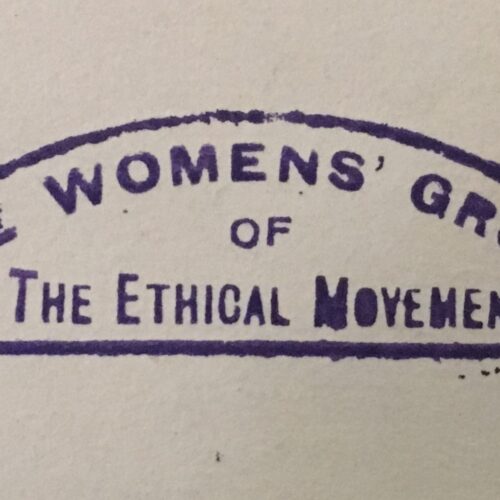

Of everything that presents itself unto thee to consider what the true nature of it is, and to unfold it.
Marcus Aurelius
(Motto chosen for the group’s official cards)
Object: To investigate and develop all that tends to the right conduct of life.
The Women’s Group of the Ethical Movement included many women who were active elsewhere in the work of the Union of Ethical Societies (now Humanists UK), as well as in many areas of social reform. Taking reason, discussion, and compassion as their starting points, the group’s interests ranged across topics from international peace to reproductive rights, which they discussed in regular meetings with a host of visiting speakers. Among its longtime organisers were four stalwarts of the early humanist movement: Florence Winterbottom, Lillie Boileau, Nellie Freeman, and Bessie Mabbs.
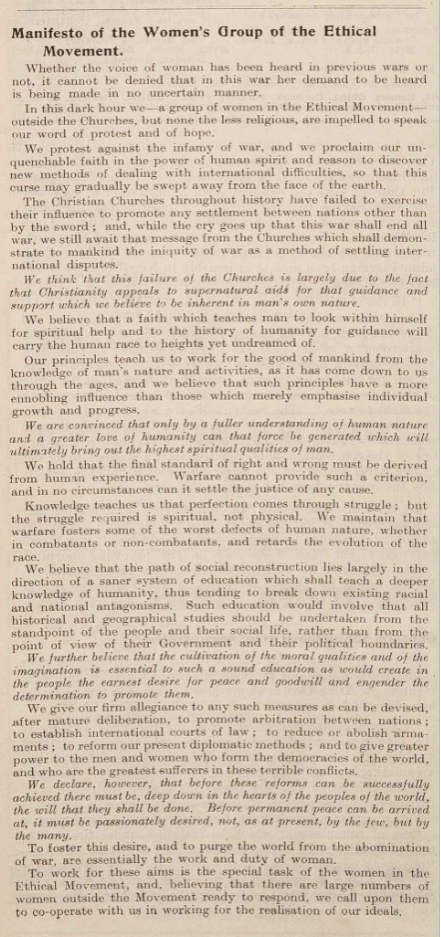
The Women’s Group of the Ethical Movement was formed in 1915, its objectives being:
In the same year, the group published a manifesto in International Woman Suffrage News, emphasising the distinct role of women in efforts towards ending conflict and achieving international peace. As they saw it, this was not related only to their sex, but also to humanist values: looking to human beings, history, and a core sense of right and wrong to determine action, and work for reform. They challenged the established Church, whose failure in preventing conflict was, they felt, ‘largely due to the fact that Christianity appeals to supernatural aide for that guidance and support which we believe to be inherent in man’s own nature’.
Like the other groups of the Union of Ethical Societies (to which they became affiliated in their first year), the Women’s Group focused on ethical action, discussion, sociability, and reform. Some speakers were also part of the Ethical movement (notably Alice Woods and May Seaton-Tiedeman), and many members were engaged in various aspects of wider social reform.
The speakers at the group’s monthly meetings provide a snapshot of the wide interests and connections developed by the members from the group’s inception in 1915. Among the groups represented on the lists of speakers are:
Divorce Law Reform Union
Mrs Seaton-Tiedeman, who spoke twice to the Group between 1928-1929, was secretary of the Divorce Law Reform Union, whose president was Arthur Conan Doyle. She was on the executive committee of the Union of Ethical Societies, and was actively involved in its work.
Women’s Freedom League
Lillie Boileau, an active suffragist and long-time member of the Ethical Movement, was arrested twice in the course of her involvement with the Women’s Freedom League, of which she was a founding member.
East Africa Women’s League
Mrs Isabel McGregor Ross was a founder, and the first president of, the East Africa Women’s League. She spoke to the Women’s Group of the Ethical Movement on the subject of ‘The Colour Bar in London’.
Abortion Law Reform Association
In 1931, Stella Browne gave a talk to the Group entitled simply ‘Birth Control’. Browne is best known for her ardent fight for women’s rights in the realm of sexual health and contraception. From 1908, Browne was also involved in the Women’s Social and Political Union (WSPU), and later in the British Society for the Study of Sex Psychology (BSSSP), of which prominent humanist Laurence Housman was a founding member.
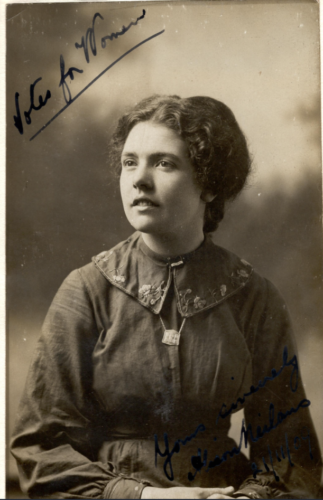
Alice Woods (‘New Ideals in Education’, ‘Alfred Adler’s Help to Education)
A prominent and progressive educationist, who championed co-education and professional training for teachers. Alice Woods was a member of the Hampstead Ethical Institute.
Alison Neilans (‘Traffic in Women in the Far East’)
Alison Neilans was a suffragette and social reformer. A member of the Women’s Freedom League, Neilans was imprisoned three times as a result of her activism, gaining a ‘militant’ reputation. She was also a member of Sylvia Pankhurst’s East London Federation of Suffragettes, and a lifelong champion of women’s rights – including those of prostitutes and working women. Neilans also spoke twice at Conway Hall.
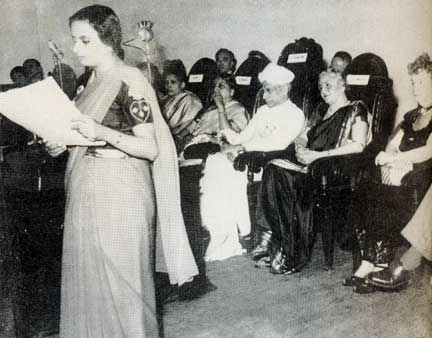
Dhanvanthi Rama Rau (‘Some Aspects of the Work of Indian Women’, ‘Some of the Problems Affecting Women in India’)
Founder and president of the Family Planning Association of India, and president of the International Planned Parenthood Federation. Rama Rau resisted colonialist feminist attitudes, once intervening in a ‘Conference on Indian Social Evils’ in London to challenge the absence of Indian involvement, or acknowledgement of the work of Indian women.
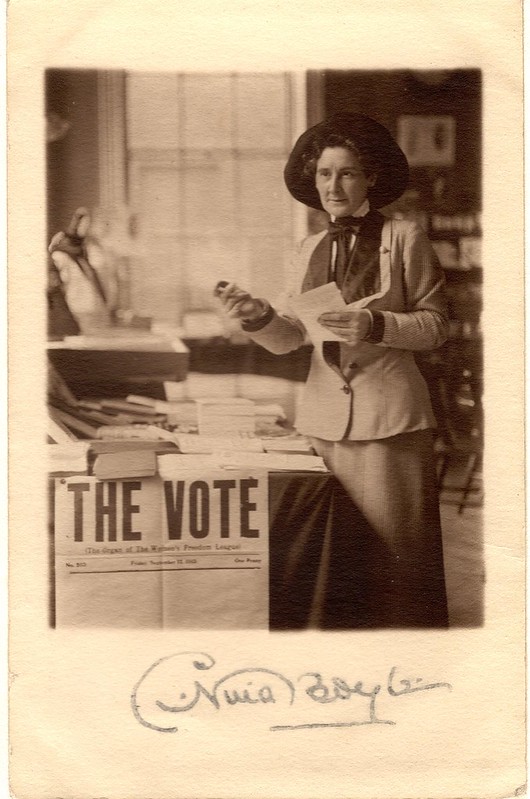
Margery Spring Rice (‘The Health of the Married Working Woman’)
Social reformer Margery Spring Rice was secretary of the League of Nations Society and a founder member of the National Birth Control Association. Following her involvement with the Women’s Health Enquiry Committee, which surveyed 1250 married working women, she wrote Working-Class Wives: Their Health and Conditions, published in 1939.
Nina Boyle (‘The Slavery of Native Women’)
A writer, suffragist, and campaigner, Nina Boyle co-founded the Women Police Volunteers during WW1, and was the first woman to submit a nomination to stand for election to the House of Commons. Boyle was also involved with the Women’s Freedom League and wrote extensively for its newspaper, Vote, as well as penning a series of adventure romance novels.
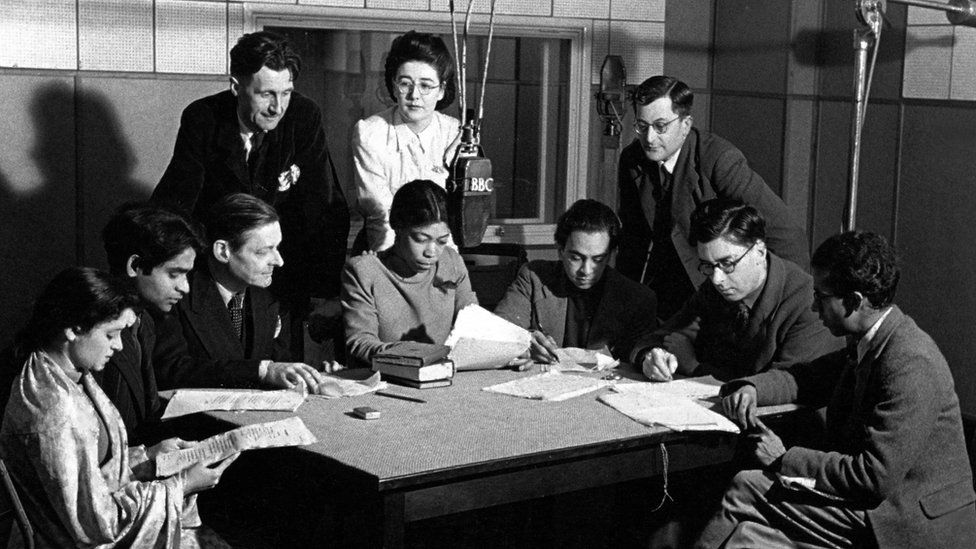
Una Marson (‘The Negro in the British Isles’)
Jamaican-born writer, poet, and broadcaster Una Marson spoke to the Group in 1934. The following year she was the first, and only, black representative at the First International Women’s Conference.
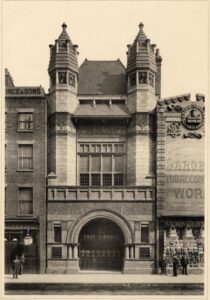
Bishopsgate Institute was built ‘for the benefit of the public’ in 1894, intended to provide opportunities for education and recreation […]
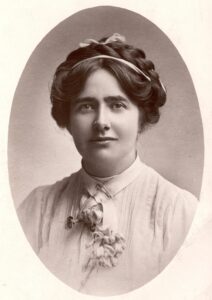
I am a feminist, a rebel, and a suffragist – a believer, therefore, in sex-equality and militant action. I desire […]
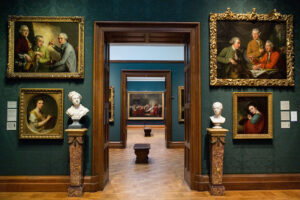
The National Portrait Gallery is an art gallery primarily located in London but with various satellite outstations located elsewhere in […]
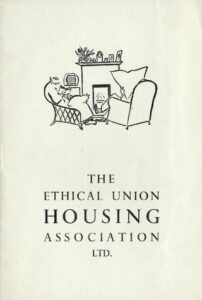
The Humanist Housing Association began in January 1955, founded as the Ethical Union Housing Association to provide affordable homes for […]